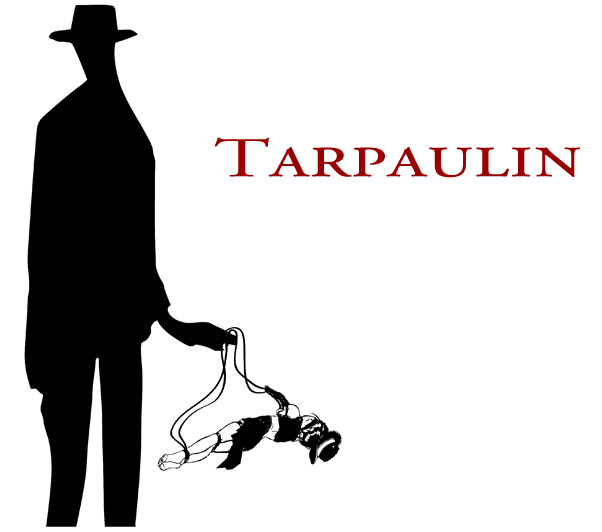Memory Cards: 2010-2011 Series
ISBN: 978-0-935162-46-2
Poetry / 124 pages / pbk.
Singing Horse, 2011
$15.00
Reviewed by Joseph Harrington
He tells me about a prisoner, 72 years old, stuffed inside a suicide shirt, who screams in Khmer that someone is beheading him. Thus does the wide world find its way into the prose poetry of Susan M. Schultz, most recently in her Memory Cards, 2010-2011 Series (hereafter MC 10-11). Each poem is limited by the space of an index card, and each begins with a line written by another poet, chosen randomly (as I began this paragraph with one chosen randomly from Schultz’ book): there is a “Lissa Wolsak Series,” an “Emily Dickinson Series,” a “John Ashbery Series,” and so on, based upon whose poem the line was taken from. (“Infection in the sentence breeds despair” – did Dickinson really write that??)
His mother, and mine, wake up with their heads intact; who knows where to locate their mind-fields. MC 10-11 is, at least formally, a sequel to Memory Cards and Adoption Papers (Potes & Poets 2001), also composed of index-card-size prose pieces. The “Adoption Papers” were those of her son, obtained with great logistical and emotional difficulty. But the long slow decline of Schultz’ mother into the oblivion of Alzheimer’s, the subject of the book Dementia Blog (Singing Horse 2008), permeates this new book, as well. My mother has forgotten how to walk. Her throat forgets to swallow. In Dementia Blog, the physical deterioration of memory bleeds into the willful historical and political forgetting of the nation. In MC 10-11, forgetting is even more pervasive, writ large, and close to home: The container ship fills, until middle age calls out your disorganization; which box was that memory in, or that one? Forgetting, absences, and disappearances, that is – of animals, ideas, people. When someone’s certain she remembers, the psych professor says, she’s wrong. Which is why we write things. Right?
The bridges of Portland each have named structures: arches, beams, draw-, if not suspension. The structure of these poems begins in the lineage of the New Sentence: the syntactic unit’s meaning derives from juxtapositions within the paragraph (= poem, here, given the spatial constraint); it’s not designed to get from point A to point B. To some extent, each sentence cannot be the whole story. The psych professor calls it “a true picture of thinking”; so it is, but not in any familiar Jamesian or Joycean sense. Rather, all the multi-tasking strains of contemporary US brain waves end up in these poems: the last days of (our) George II, saucy (or Saussurean) word-play, what’s going on with the neighbors. No matter what, sentences cohere, bunch, refuse to budge, resist the lack of transition. Memory Cards and Adoption Papers seemed more hypotactic – it stuck with a single narrative for longer at a stretch. But life’s become more paratactic in these last ten years, and the first half of MC 10-11 jumps from news of the day (personal or political, with commentary) to quotes from Schultz’ mother’s social worker or a student’s twitter feed, to aphorisms, to decontextualized notes to self (There, I found it), to images that could, if one were so inclined, be taken symbolically, like a Compass sheathed & knowing.
But there’s no easy irony or jokey pastiche here – Schultz won’t let you off the 21st c. hook that easily. Her poems all have date-stamps – O pls O poet won’t you let us have our timelessness?! The timelessness of dementia is no stay against confusion, even if her silence suggests a form. I can’t stand hearing about all those baby turtles and egrets and regrets . . . we end up so very far away from where we began. However, the second part of the book settles into somewhat more contiguous patterns – as though, having faced up to chaos, the dancer can now take shorter, if sadder, steps through it. Which is perhaps another way of saying that this is prose poetry, by a writer who can see the lines break even in prose. The voice is conversational and everyday, but always rendered in elegant, economical, and sonorous sentences that create complex musical patterns across the space of the page. No matter how far each “card” strays from its “seed-line,” it retains the qualities of language that Schultz has absorbed from her wide reading and experience and has transmuted through her imagination and point of view. It is a book one shuffles, re-reads, and recollects. Put down memory’s mask, the satyr’s horns, the snakes, the swords. This is for real.





